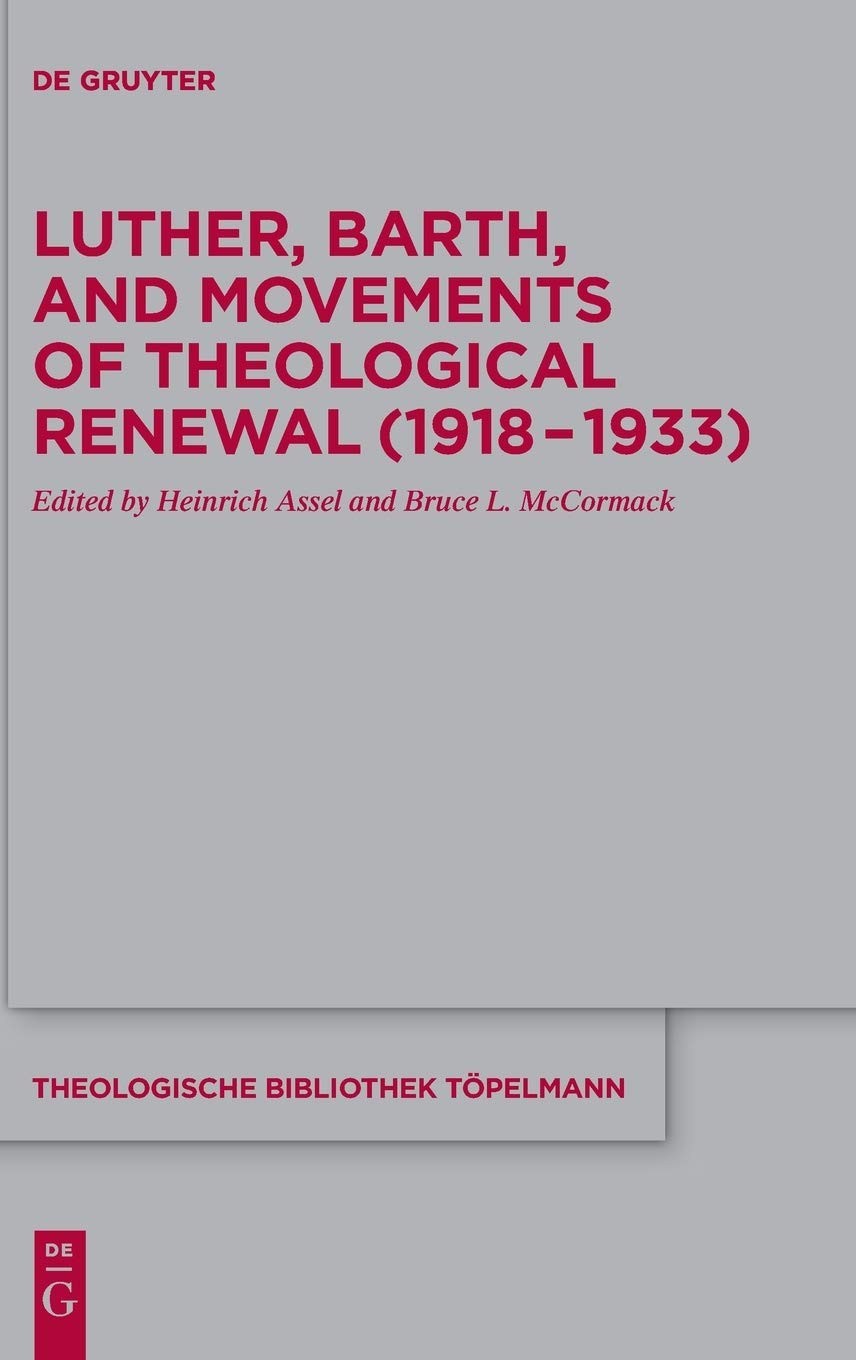(Ebook) Luther, Barth, and Movements of Theological Renewal (1918-1933) by Bruce L. McCormack, Heinrich Assel ISBN 9783110610901, 9783110612066, 3110610906, 3110612062, B08DMNMB85
The essays contained in this book originated as lectures at an international conference held in Princeton organized by Christine Helmer (Northwestern) and the editors of this book. This book itself illuminates in a fresh way the formation, cross-fertilization, break-up, and re-organization of movements of theological renewal during the tumultuous years of the Weimar Republic. Three Protestant movements, in particular, demand our attention: the dialectical theology (Karl Barth, Friedrich Gogarten, Rudolf Bultmann); the Luther Renaissance which found adherents amongst the students of Karl Holl (Hans Joachim Iwand, Rudolf Herrmann and Emmanuel Hirsch) and Lutheran confessional movement (Werner Elert and Paul Althaus). Attention is also given to Bultmann's close conversation-partner Martin Heidegger. Rounding out the picture thus drawn is Martin Buber, representing the Jewish Renaissance that flourished briefly in the Weimar years. The goal of this book is twofold: to trace the most significant developments that occurred within and across these movements and, most importantly, to assess the uses made of Luther's theology in all phases of these developments and in relation to dramatically different sets of issues (ranging from the doctrines of revelation, reconciliation and sin to theories of the state). We find Luther at the heart of a number of debates. So important was he that the divergences between and within the various movements can rightly be seen as a dispute over his legacy. Most of the theologians and philosophers treated in this book were educated in the pre-war years - and some at least of what they learned survived in a transfigured form the impact of the collapse of the Wilhelminian Empire. That is especially clear in the impact of the Jeiwsh philosopher of religion Hermann Cohen on K. Barth, R. Bultmann, and R. Hermann. During the years of peace (prior to the stock market crash in 1929), divergences could be accepted with some degree of equanimity…
*Free conversion of into popular formats such as PDF, DOCX, DOC, AZW, EPUB, and MOBI after payment.


